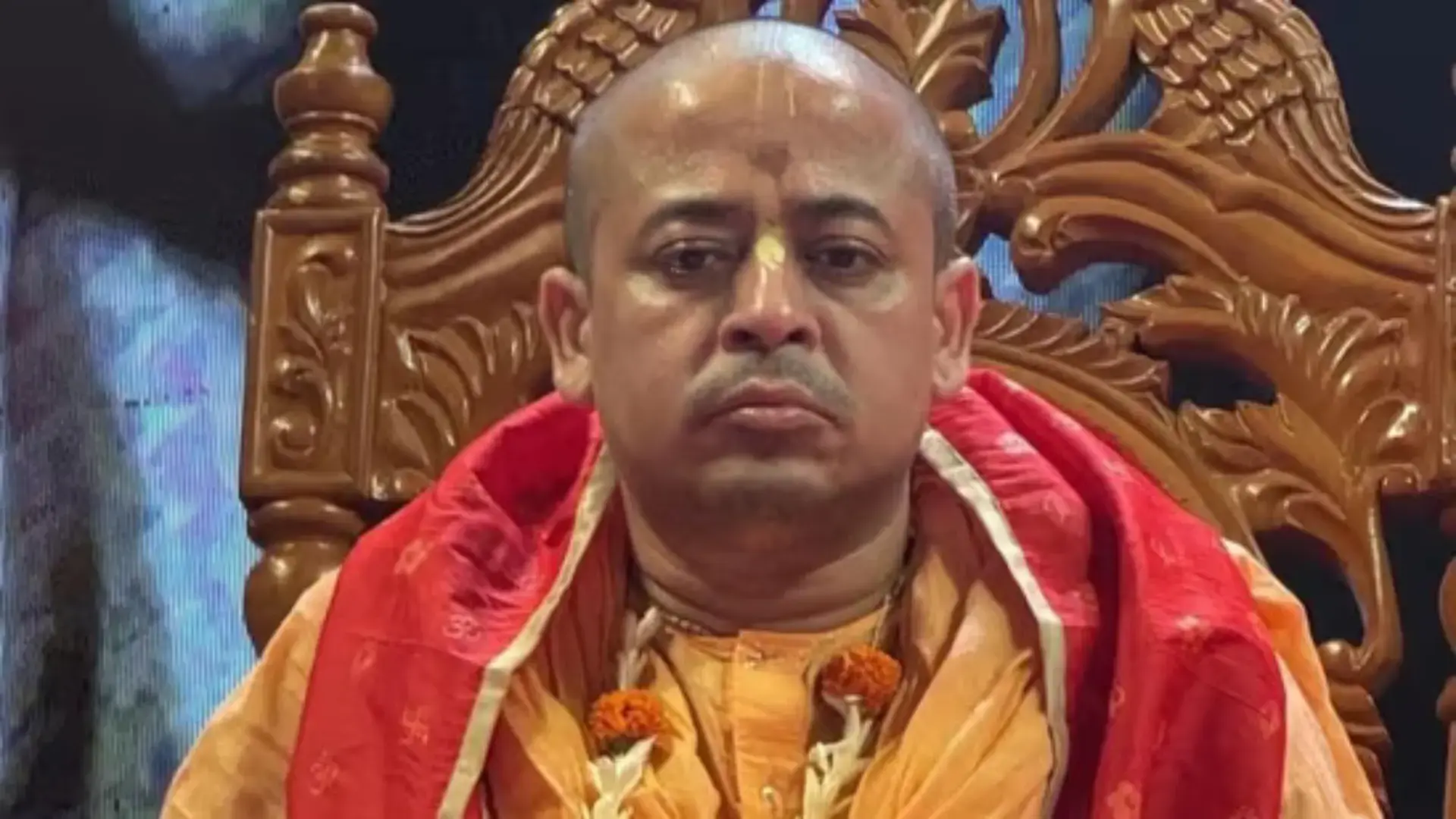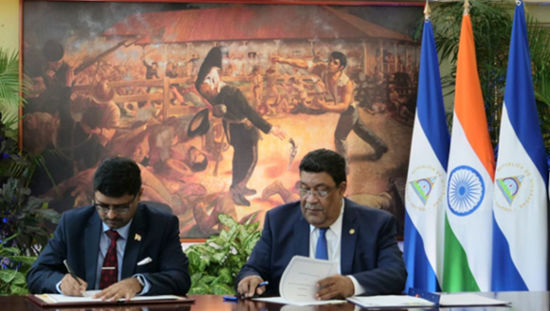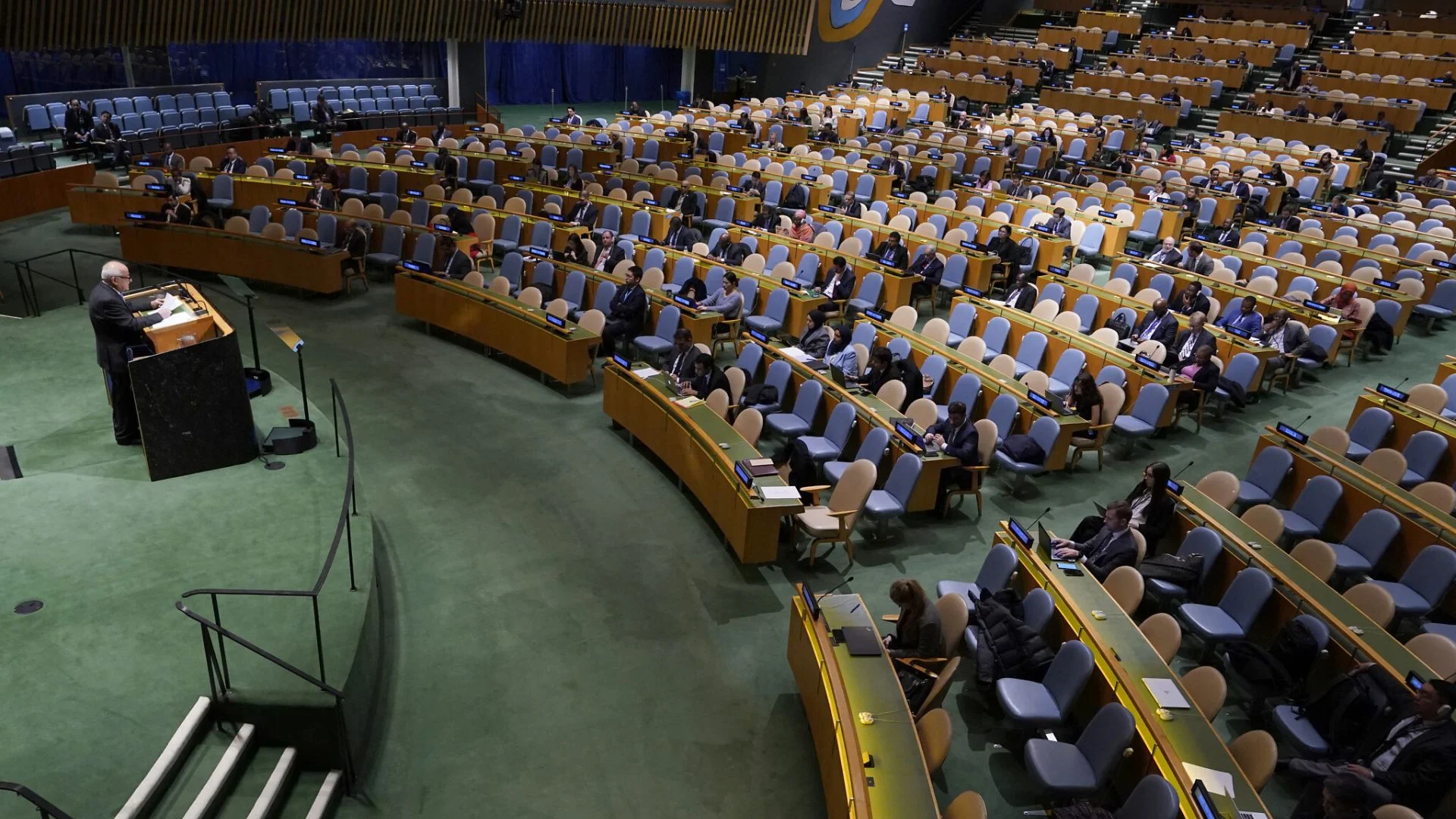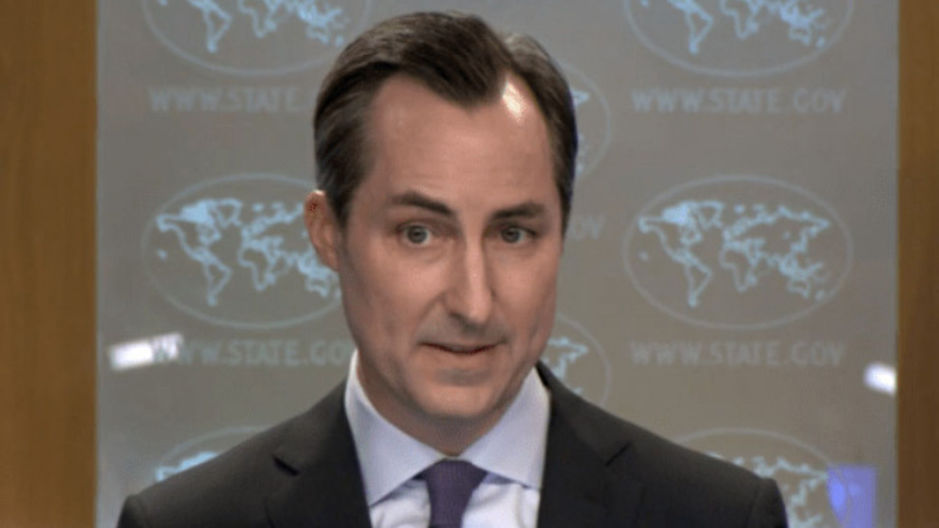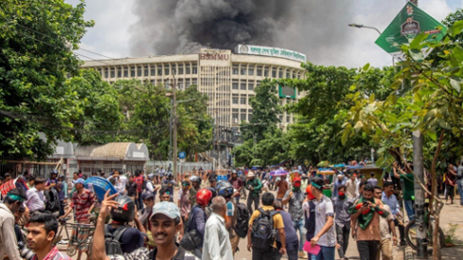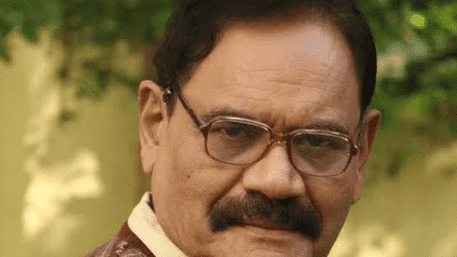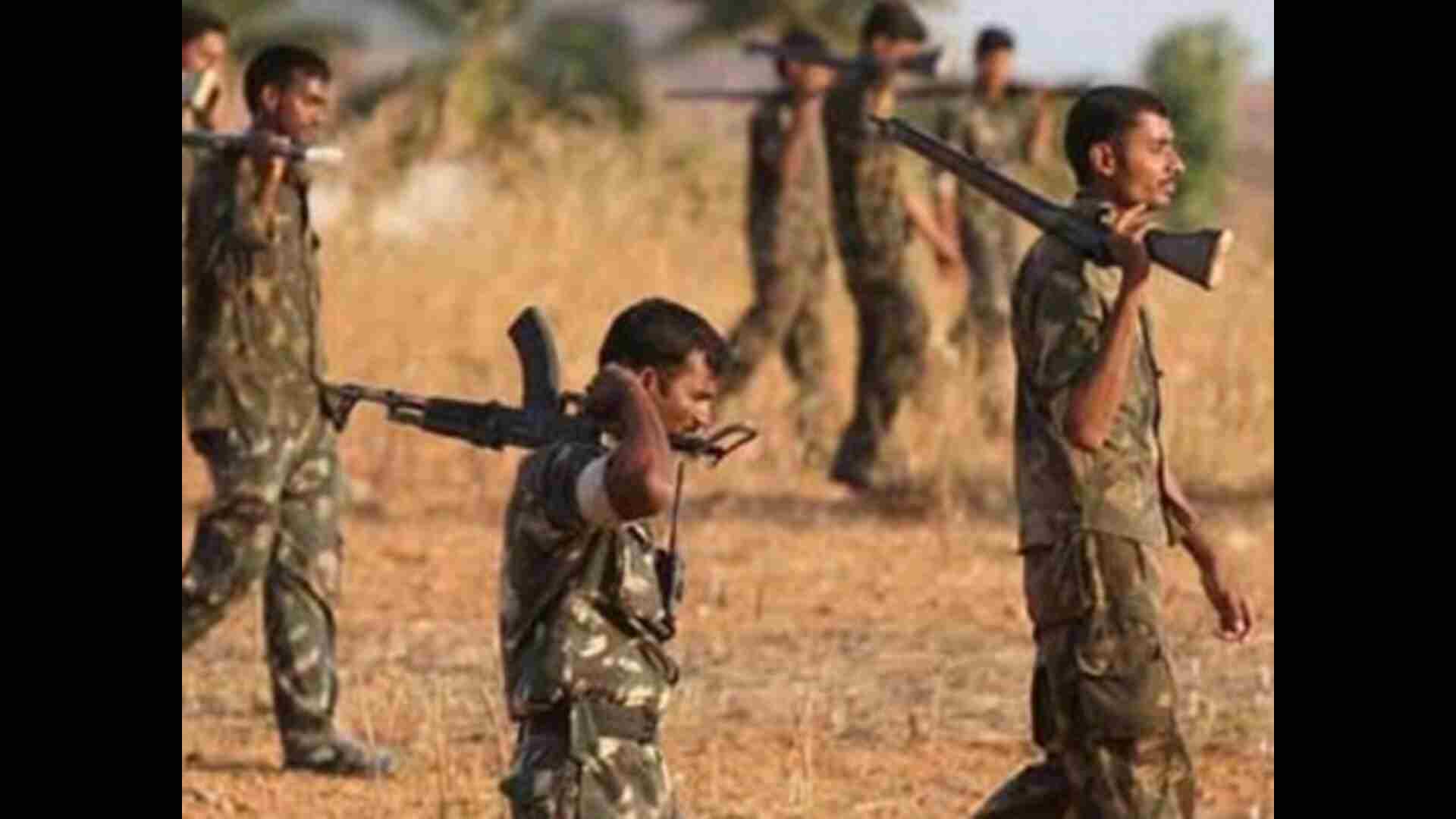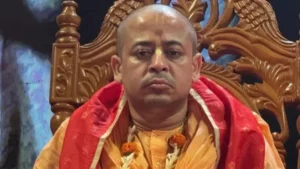Hindu monk Chinmoy Krishna Das, a prominent figure in Bangladesh’s International Society for Krishna Consciousness (ISKCON), faces a prolonged legal ordeal after his bail hearing was postponed on Tuesday. Arrested last week on sedition charges, Das was detained at Dhaka’s Hazrat Shahjalal International Airport. The delay in his bail hearing, now rescheduled for January 2, 2025, has been attributed to the unavailability of legal representation, compounding his plight.
Arrest and Legal Challenges
Chinmoy Krishna Das, widely respected for his work as a religious leader and spokesperson for the Bangladesh Sammilita Sanatani Jagran Jote, was apprehended over allegations of sedition. His arrest has drawn significant attention from the Hindu community in Bangladesh and abroad, with concerns mounting about his safety and the fairness of the legal process.
Adding to the controversy, Das’s lawyer, Advocate Ramen Roy, became the target of a violent attack allegedly perpetrated by Islamist groups. Roy, who had taken up Das’s defense, was brutally assaulted in his home. The attack left him critically injured and currently fighting for his life in an intensive care unit. This incident highlights the escalating tensions surrounding the case and the risks faced by those advocating for minority rights in Bangladesh.
Rising Protests in India
The arrest has sparked widespread protests in India, particularly among Hindu organizations. Demonstrators took to the streets in Agartala, near the Bangladeshi consulate, demanding Das’s release and decrying what they describe as increasing violence against Hindus in Bangladesh. The protests escalated into a breach of the Bangladesh Assistant High Commission premises in Agartala, an incident that drew sharp condemnation from the Indian Ministry of External Affairs (MEA).
The MEA called the breach “deeply regrettable” and emphasized the importance of maintaining the sanctity of diplomatic missions. To prevent further incidents, Indian authorities have tightened security at Bangladeshi consulates across the country.
Community Concerns and Broader Implications
Chinmoy Krishna Das’s arrest has brought renewed focus on the challenges faced by religious minorities in Bangladesh. Many Hindu groups accuse the government of failing to protect minority communities from violence and harassment. The attack on Advocate Roy has only amplified these concerns, with critics arguing that the incident is emblematic of a larger pattern of intolerance and suppression.
The ISKCON community, both in Bangladesh and globally, has expressed solidarity with Das and condemned the violence against his legal counsel. ISKCON’s Kolkata spokesperson, Radharamn Das, called for prayers for Roy’s recovery and urged international attention to the plight of Bangladeshi Hindus.
Diplomatic Fallout
The case has also strained India-Bangladesh relations, particularly with the cross-border tensions fueled by protests in India. While the Indian government has condemned the vandalism in Agartala, it has also underscored its commitment to ensuring the safety and security of Hindus in the neighboring country.
The postponed bail hearing extends a period of uncertainty for Chinmoy Krishna Das and his supporters, who now await the next legal milestone on January 2, 2025. As tensions simmer, the situation serves as a stark reminder of the complexities surrounding religious freedom and minority rights in South Asia.

